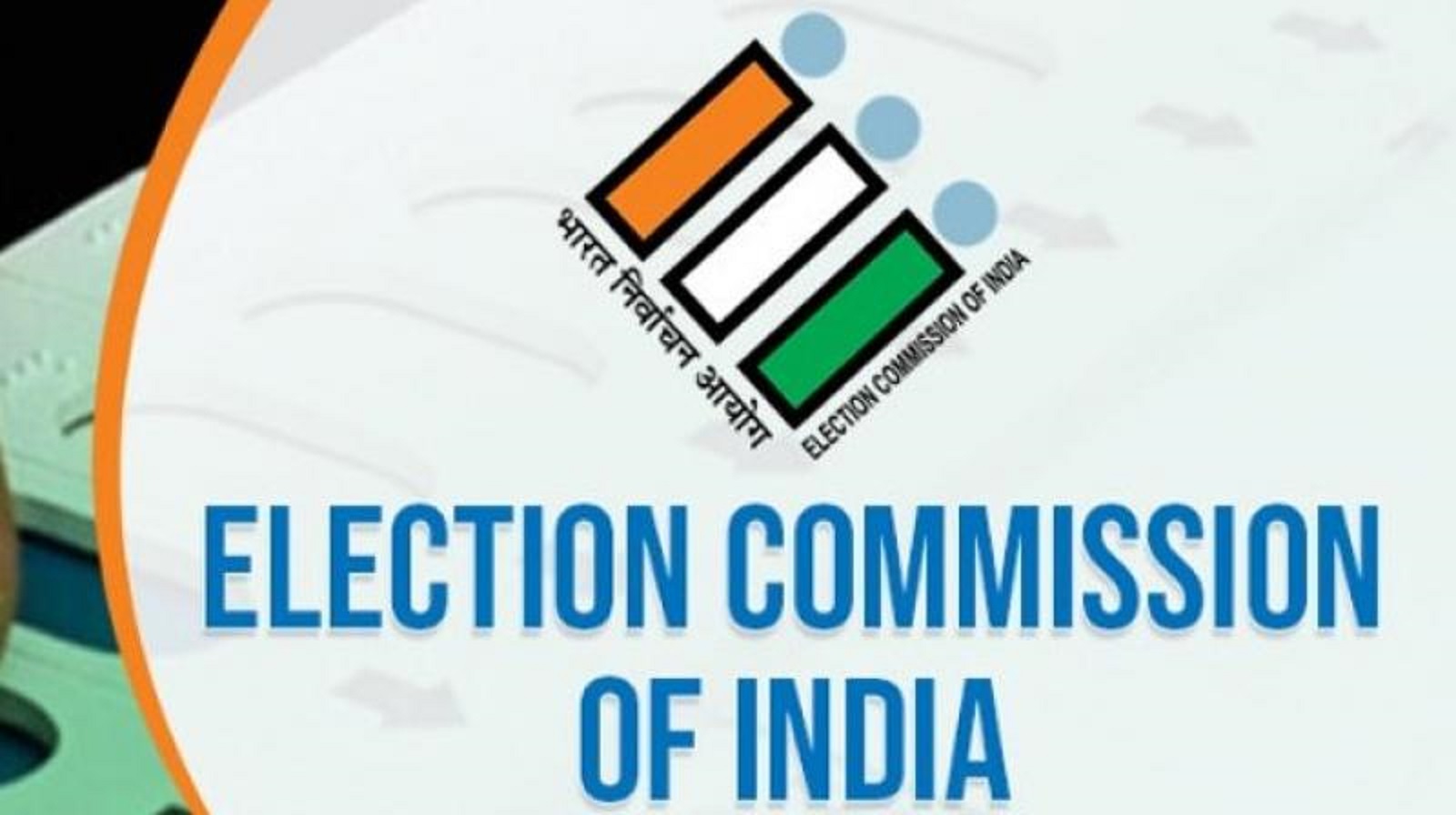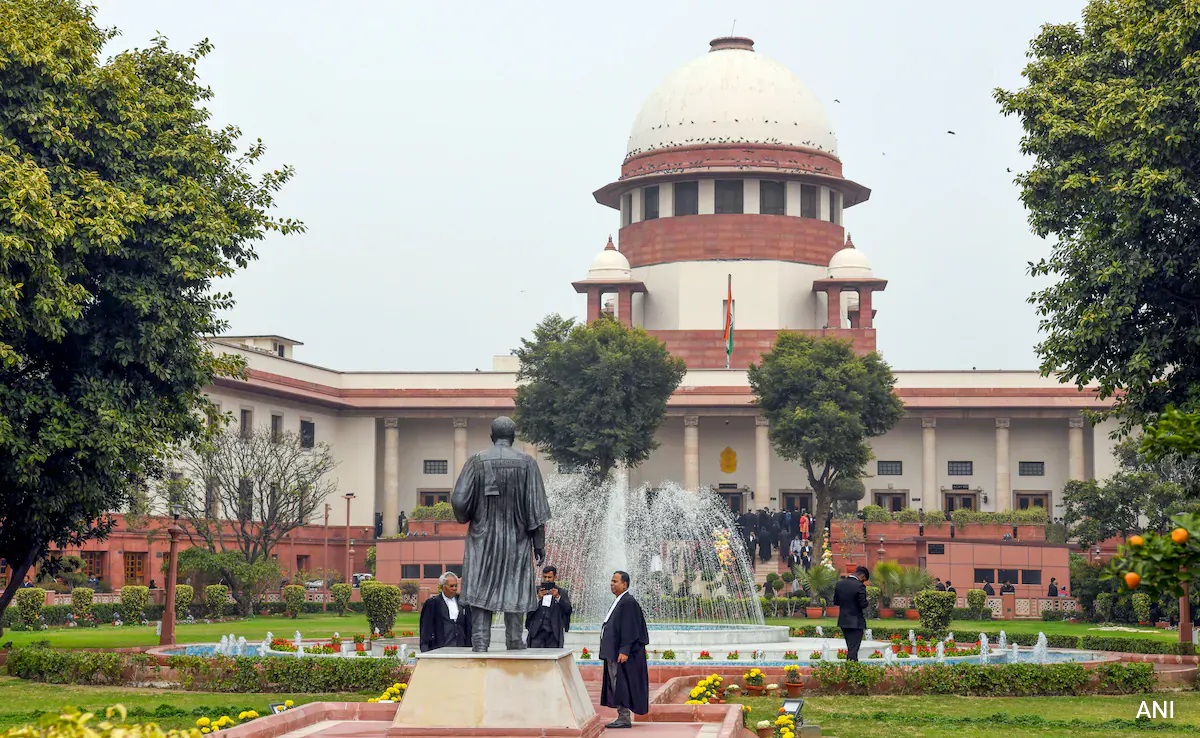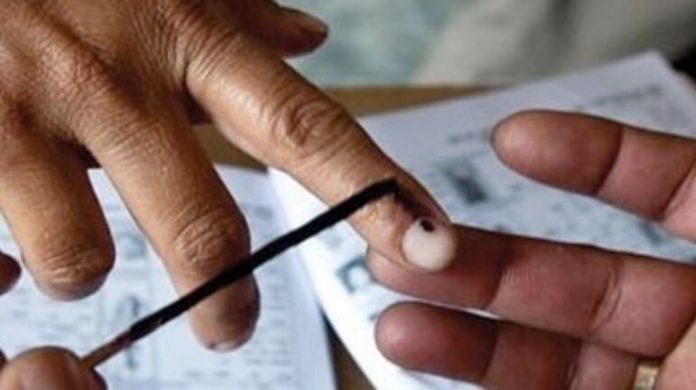- The Indian political class consisting of various parties representing different philosophies and ideologies makes for an interesting study. Why only the political class, even the politicians representing the parties, also makes for an interesting study since they come in such varied forms. Of course, the Indian democratic form of governance offers us a uniqueness in choosing our elected representatives representing different ideologies/philosophies. We know how the election is conducted in the country under the aegis of the Election Commission of India fairly and peacefully. Yes, the ECI is acknowledged within the country and overseas for undertaking such a monumental task with great diligence. The ECI sets the rules on how to conduct an election.

PC: Deccan Chronicle
- Several reformist measures were introduced by the ECI over the last few decades to ensure not only fair and peaceful elections but also crucial information about the candidates for the electorate to choose from vis-à-vis their assets, criminal cases, educational qualifications, etc. The candidate is expected to declare the same in the form of an affidavit. Thus, it made for an interesting read when the SC recently overturned a Gauhati HC judgment and upheld an Independent MLA’s 2019 election to Arunachal’s assembly. In July 2023, Gauhati HC invalidated the MLA’s election for not including in his nomination papers the fact that he had three vehicles. Yes, you read it right, the MLA was invalidated for this purpose. Astonishing, isn’t it?
- Most welcomingly, the SC made three significant observations. One, a politician has a right to privacy as much as anyone else and need not disclose every aspect of assets. Two, the voter has no absolute right to know everything about a candidate, and a candidate is not required to lay his life out threadbare for examination by the electorate. Three, the value of what the MLA had left undeclared was minuscule in proportion to his declared assets of Rs. 8.4cr. Not every non-disclosure is a cardinal omission. In a relief of sorts, the SC has provided some shade to the much-maligned tribe of politicians. No disputing the fact that much of the diatribe is well deserved, but for some years now, even politicians’ families haven’t been spared coarse public discourse.

PC: NDTV
- Their private tribulations and difficult relationships have been discussed in the basest of manners by fellow netas and media, which no longer seems to have a red line on private lives, from sexual orientation to divorce. As SC said, the right to privacy applies to matters of no concern to voters or irrelevant to his candidature for public office. Yes, voters’ right to know about a candidate is not absolute. Scrutiny is important information that must be limited to matters related to public office and individual behavior. The nub of the order was the proportionality test. SC said that for a non-disclosure to be considered a defect, even a minor one, would require a sizeable asset, of value by itself, or one that would reflect upon the candidate in terms of lifestyle.
- In the MLA’s case, three vehicles were a scooter, a motorbike, and an ordinary van. In conclusion, no amount of regulation is likely to bridge the gap between what citizens expect, and how politicians behave. To balance the two is what SC rightly attempted in the MLA’s case. Much appreciated!






